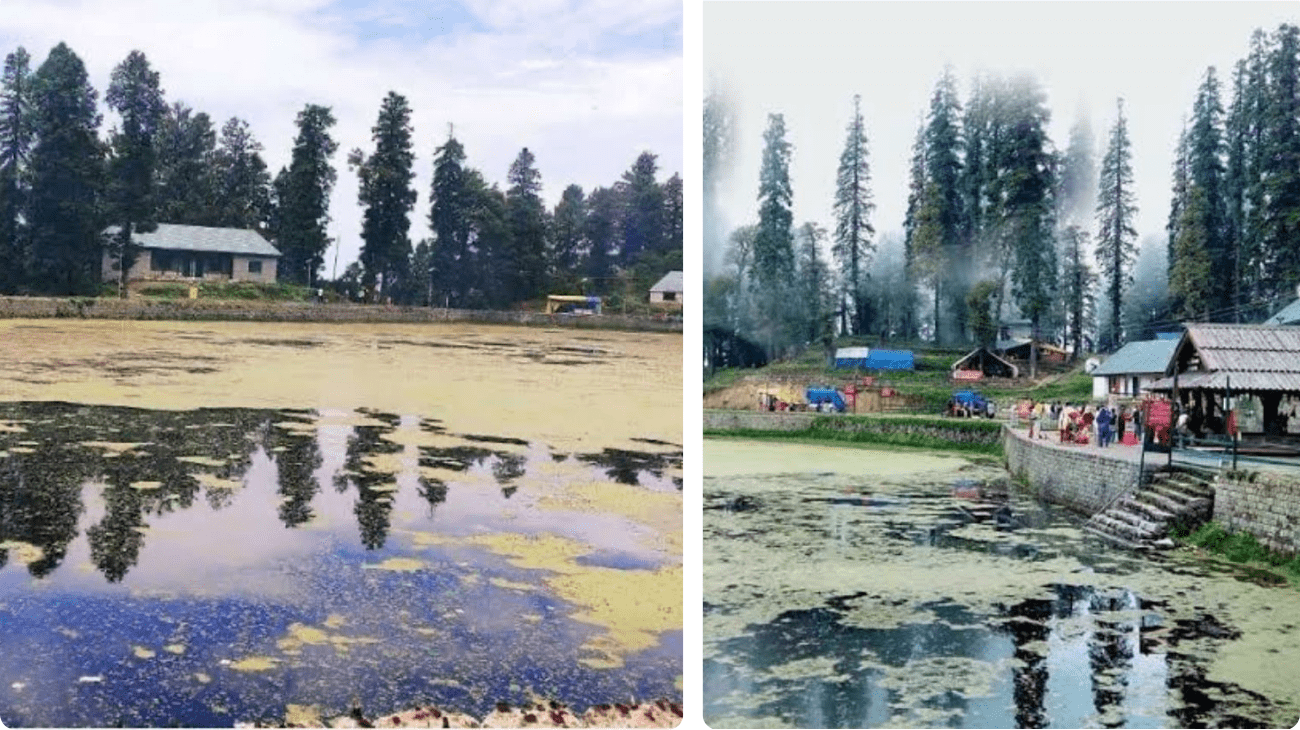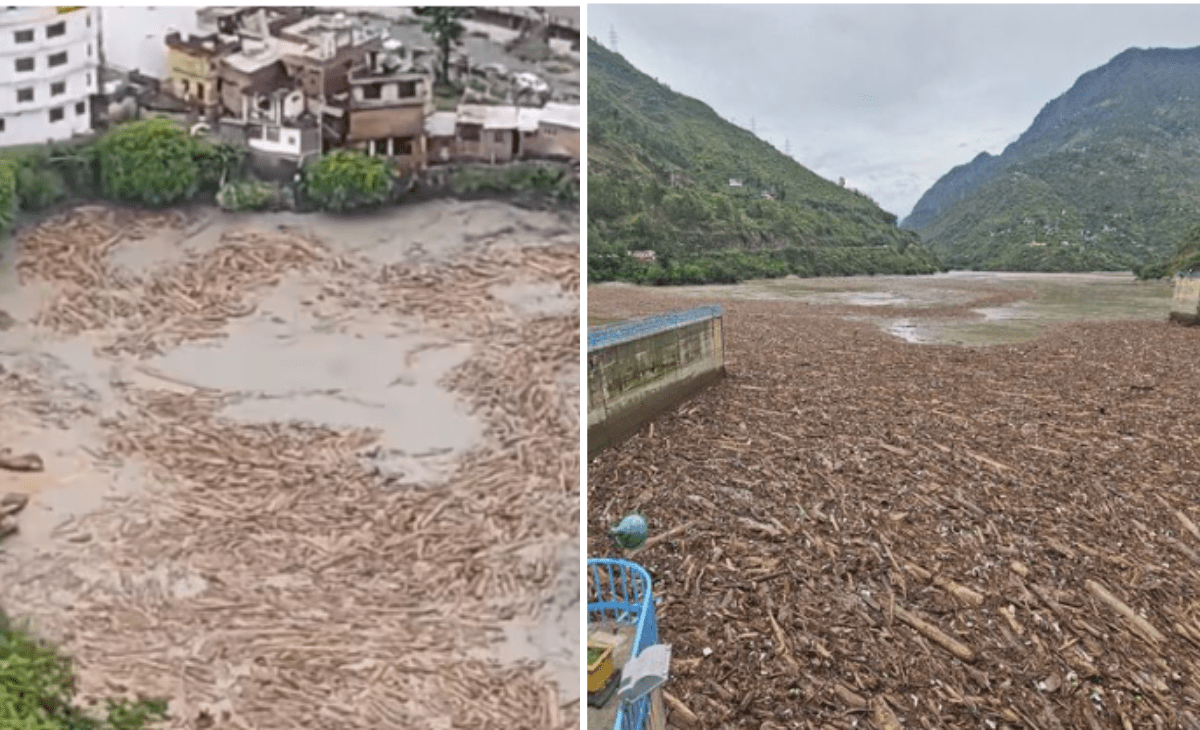The 126-MW Larji Hydroelectric Power Project in Kullu district of Himachal Pradesh has been fully restored and is operational once again, which suffered extensive damage by the devastating Beas river floods on July 9 and 10, 2023.
The project’s swift revival, completed in less than two years, was made possible through the timely intervention and strong support of the state government, helping avert major financial losses, said officials.
The Himachal Pradesh government allocated Rs 25 crore initially for restoration, followed by Rs 35 crore and subsequently Rs 185.87 crore for the complete rehabilitation of the project. The Chief Minister commended the engineers and staff of the Himachal Pradesh State Electricity Board Limited (HPSEBL) for their efforts and commitment to restore the project.
The unit-I of the Larji Power Project was restarted on January 15, 2024, and synchronised with the power grid on May 2, 2024. The unit-II followed on August 9, 2024, and unit-III was restored on January 17, 2025. With all three turbines now operational, the project has fully resumed power generation.
The flood had caused heavy deposition of muck deep inside the turbine units, rendering them inoperable for several months. Since mechanical removal was not feasible, the debris was painstakingly cleared by manual effort. To safeguard the project from future natural calamities, several preventive measures have been implemented. Slope stabilisation work, including the installation of cable nets and rockfall barriers, has been completed near the surge shaft gates and is underway at the powerhouse entrance to mitigate risks from landslides and falling debris.
Additionally, a hinged gate has been installed at the main access tunnel to prevent water ingress during high floods. A similar gate is being constructed at the emergency exit tunnel (EET), with supporting civil works to ensure a secure, watertight system.
In 1953, a significant flood occurred at the Larji Hydro Electric Project on the Beas, which was a historical high flood. This flood, recorded on August 3, 1953, had a discharge of 3,838.37 cumecs, whereas the flood occurred in the year 2023, with a discharge of 5,600 cumecs, significantly exceeded the 1953 flood.
TNR





